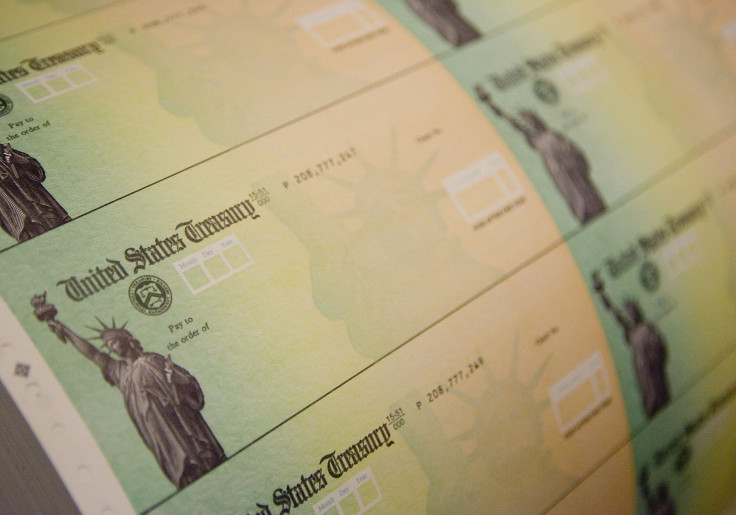Who's Not Getting Stimulus Checks? Students, Seniors, Disabled Left Out
KEY POINTS
- The new round of stimulus checks will soon begin distribution, but many of the same groups as last time are left out
- The smaller checks have also reduced the annual income cap to $87,000 for single adults and $174,000 for couples
- Stipulations against dependents over 17 leave many college students, seniors, and disabled people without aid
As $600 stimulus checks head for the mailboxes of U.S. residents, many are wondering who’s entitled to stimulus money. They are three major groups left out: college students, the elderly and the disabled.
The new round of checks bears the same holes as the first. Money goes to independent adults and children, meaning that adults listed as dependents on tax returns don’t receive checks.
For the purposes of the bill, anyone over 17 is an adult. Age is calculated based on 2019 tax returns, so those who’ve turned 17 in the last half of 2020 are not considered adults.
The targeting of dependents over 17 leaves several of the groups hardest hit by the pandemic high and dry. College students are one of the most notable, many of whom do not yet support themselves and are looking at a jobs market ravaged by the pandemic.
Seniors are another group left out, at least those dependent on others. Many disabled people rely on loved ones or are claimed as dependents for tax purposes, meaning they’ll have to go without checks.

The smaller amount of money per person has also lowered the income cap for receiving payments. The cap is determined by an equation, the amount given lowered by $5 for every $100 earned annually above $75,000 dollars, or $150,000 for couples.
This time around the cap is $87,000, or $174,000 for couples. In the first round of checks, it meant anyone making over $99,000 a year.
Donald Trump and Democrats had floated a bill to double the amounts in the checks to $2,000, but the effort died in the Senate when Sen. Mitch McConnell, R-Ky., said any increase would have to be paired with an election investigation and a repeal of protections for social media platforms.
Larger checks may be on the way should Democrats take both of Tuesday's Georgia Senate runoff elections.
© Copyright IBTimes 2024. All rights reserved.





















